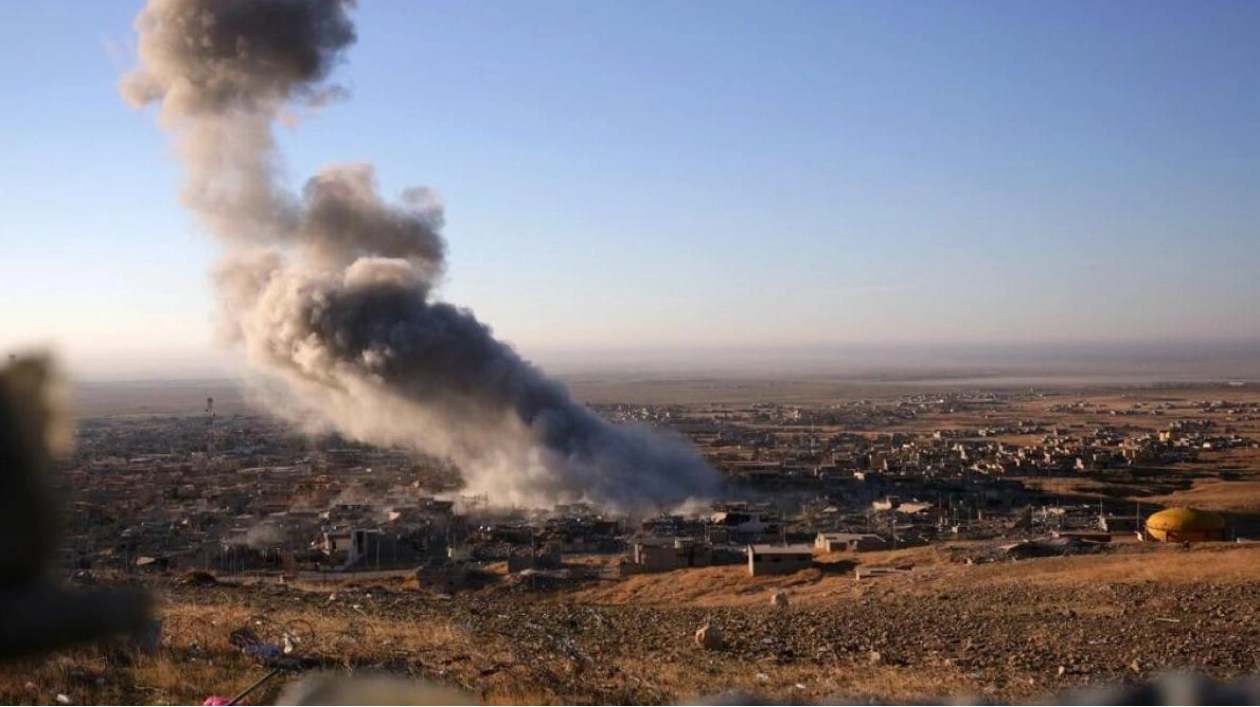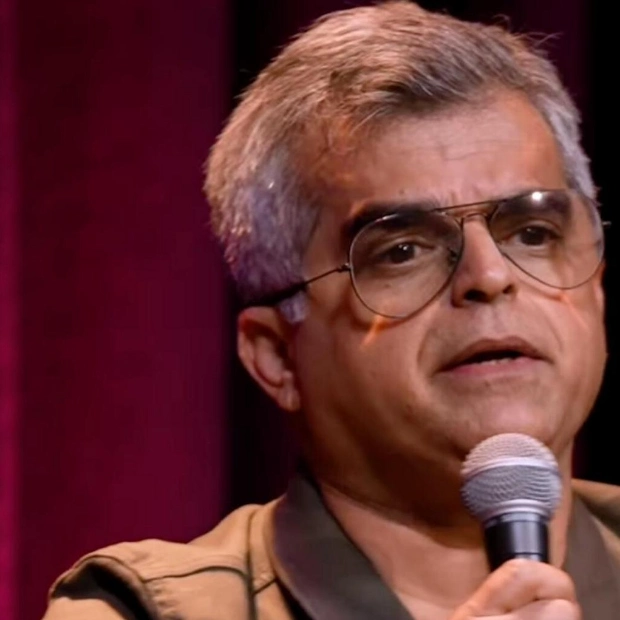Hezbollah has declared extensive missile attacks against Israel, according to an alert from AFP citing a statement.
Reuters reports that on Sunday, Hezbollah initiated a significant missile assault on Israel in response to the killing of a high-ranking commander in Beirut last month. The Iranian-supported group stated that it aimed at a specific military target, Israel's Iron Dome defense systems, and other locations, noting that a complete response would require more time. Prior to the launch, Israeli jets struck targets in Lebanon as the military detected Hezbollah's preparations for the attack.
The Israel Defence Forces confirmed in a statement that they had identified Hezbollah's intention to fire missiles and rockets into Israeli territory and were responding by targeting terrorist sites in Lebanon. The Israeli cabinet was scheduled to convene at 7am (0400 GMT), announced by Prime Minister Benjamin Netanyahu's office.
Flight operations to and from Ben Gurion airport in Tel Aviv were suspended, and the defense minister declared a state of emergency. Warning sirens were activated in northern Israel, and multiple explosions were reported in various areas as the Iron Dome system intercepted rockets from southern Lebanon. Israel's Magen David Adom ambulance service heightened its alert status nationwide.
The tension between the two sides escalated after a missile attack in the Israeli-occupied Golan Heights last month that killed 12 young people, followed by the Israeli military's assassination of a senior Hezbollah commander in Beirut. New civil defense instructions are expected to be issued to the Israeli population shortly, with warnings for civilians in southern Lebanon to avoid areas where Hezbollah is active.
The missile strikes occurred while negotiators were in Cairo attempting to finalize a ceasefire in Gaza and the release of Israeli and foreign hostages in exchange for Palestinian prisoners. Hezbollah launched missiles at Israel immediately following the October 7th attacks by Hamas gunmen, leading to ongoing exchanges of fire between Hezbollah and Israel, despite the ongoing war in Gaza.
This delicate equilibrium seemed to change after the Golan Heights strike, which Hezbollah denied responsibility for, and the subsequent assassination of Fuad Shukr, a senior military commander in Beirut. Shukr's death was swiftly followed by the assassination of Hamas political leader Ismail Haniyeh in Tehran, prompting vows of retaliation against Israel from Iran.






